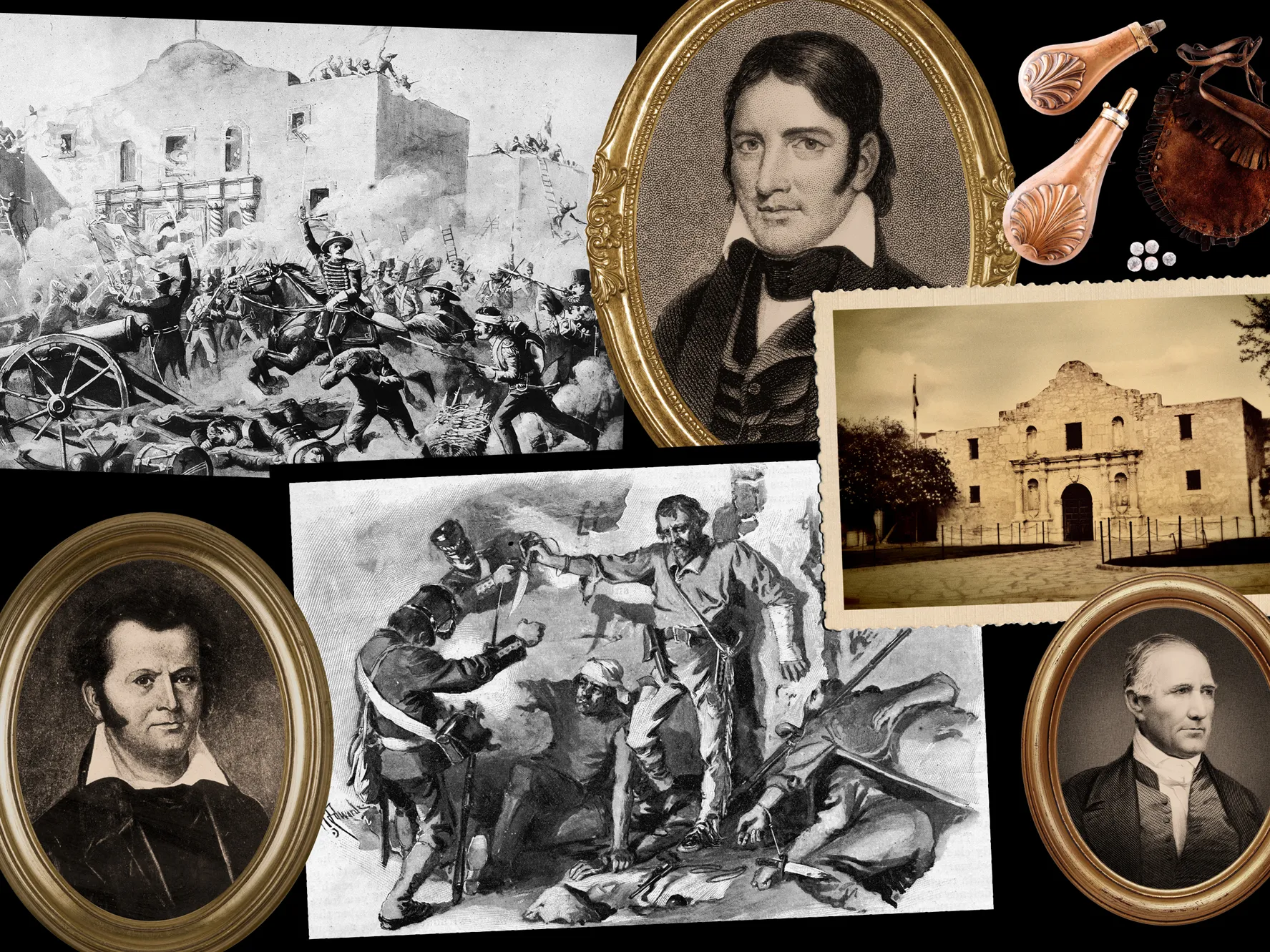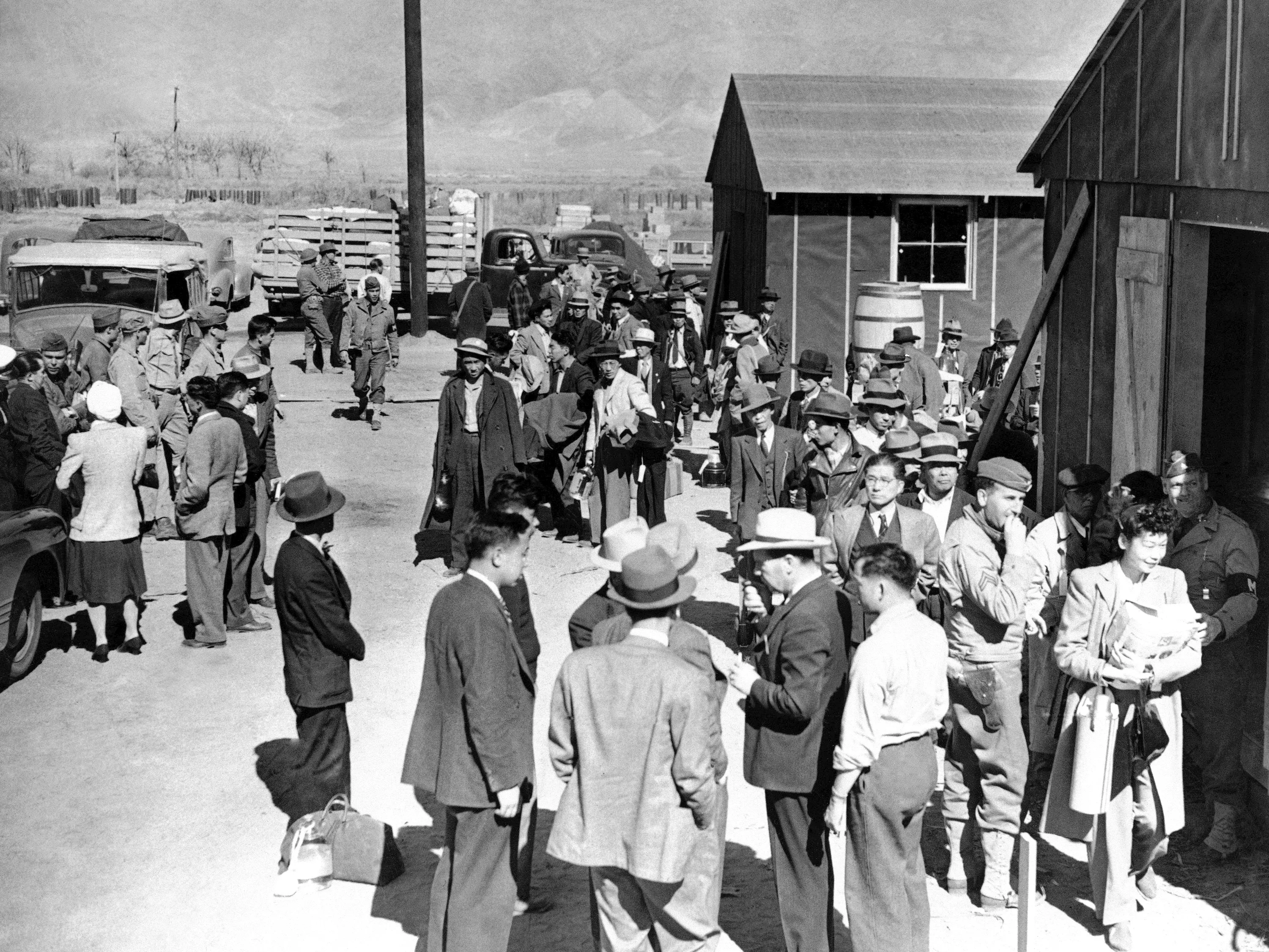History, Isn't Just a Thing of the Past...Wokoso!
- TLALOCO
- Feb 6, 2024
- 5 min read
Understanding our raíces (roots) is always the best start to understanding ourselves better.
Knowing where we came from, the people and circumstances that influenced our parents and their parents before them, can reveal something about who and what we are today.
Our common history defines us all. Those that understand their family history are better informed to make informed decisions for themselves.
However, that doesn't mean we are any wiser. Making claims of being wise is filled with as many potholes as the, Camino de Guanajuato, were my familia came from. Just when you think you know the way, you find yourself on the bumpy road to, no vale nada la vida, again.
Without history, a society shares no common memory of where it has been, what its core values are, or what decisions of the past, account for the present challenges we face as a people or society. Even worse, without knowing our common history, we can't plan for our future.
The importance of history demands that we look at the good and bad experiences so that we may learn from them. Unfortunately, more often than not, we repeat the bad experiences, like war and poverty.
Do we wonder, why our political and social arenas have become polar opposites that seem to have no common ground?
Why do we celebrate, nationally, certain holidays? And discard or add new ones nearly every generation?
What has led to our economic system that favors private monopoly interests above the common needs of society?
The answers to these and many more questions about our country today lies in understanding our common history. The value of studying history is immense. It broadens our perspectives, cultivates critical thinking, and enhances our understanding of humanity’s journey. De veras (really), you probably thought history was just a thing of the past!
When we sift through the layers of past events, we should not be just memorizing dates and names to pass a test. We should be analyzing cause and effect, discerning patterns, and understanding complexities.
When we ask the questions, "Why did that event occur?" and "What is its impact on society?" We learn much more than simply when and where a historical event happened.
For example, who fought and died at the Alamo makes for a great movie but counts for only a few true facts.
The Battle of the Alamo during the Texas' war for independence from Mexico lasted thirteen days, from February 23, 1836-March 6, 1836. Those are facts.
Movies don't always tell a complete story, most are snapshots in time, full of grandiose hero stories.
Do you know why General Santa Ana was defending Mexico's sovereignty? Or was he invading U.S. territory? Were the citizens behind the walls of the Alamo defending their rights as citizens of the United States or rebellious Tejanos claiming the area as a new country called Texas?
Did you know that the 200 Alamo defenders each has his own story and reasons for being at the Alamo.
We easily recall the celebrated exploits of Jim Bowie, William B. Travis and Davie Crockett - from the movies.
But we know little about the other brave souls that lost their lives battling some 4,000 Mexican troops. Why?
Some were native San Antonian's of Mexican heritage who were defending their homes. But many more defenders were new immigrants from the United States (Sí, Texas was still part of Mexico ese!). Not to mention, many more of the defenders were from England, Scotland and Ireland. Do some reading and you'll be surprised at what you learn about the Alamo's ethnic history.
The history of the Alamo is one slice of our American heritage that we should appreciate, especially today. When we understand the political and social circumstances in Texas during the 1880's that led to that historic battle and its aftermath, we are likely to be more receptive to comprehending complex issues like ethnicity, class struggle, and immigration more clearly.
Nothing is ever simply a black and white or either/or narrative but we continually want to define today's challenges in simple terms. Why? What are we avoiding?
We've had many more unfortunate historical moments that mirror the Alamo experience too. Look up the Trail of Tears - ethnic cleansing and forced displacement of approximately 60,000 indigenous peoples of the "Five Civilized Tribes" between 1830 and 1850 by the United States government.
Or the Chinese Exclusion Act of 1882; or the Mexican Repatriation, during the Great Depression between 1929 and 1939. These racist policies really happened. We need to know why to understand today's issues of exclusion.
Or the Japanese-American Internment in concentration camps from 1942-1946.
Unfortunately, we can go on and on with historical facts describing our nations sad engagement with people of color.
A history where racism, capitalism and immigration horribly intersect.
We don't claim to be wiser than the next vato, but we also don't want to be called a "Wokoso," either!
The celebrated journalist Gustavo Arellano describes Wokoso as a bilingual mix of “woke” and “mocoso” (“snot-nosed brat” in Spanish).
Meaning, a young adult of Latin American heritage, who thinks anyone who doesn’t think like them is problematic and needs to get cancelled (socially snubbed).
Arellano calls Wokosos "philosophical descendants of armchair Aztecs." (Wait a minute, that sounds like us!) Arellano waves his pen like a mighty Azteca Tepoztli axe when he strikes down pendejadas! Here at Purochisme, we strive to only to nudge your heart and soul with a few semillas (seeds) of knowledge.
Then again, some proud Americans - tu sabes, the book banning crowd - may chose to remain dogmatic in their beliefs and hate change. They could be your neighbors or members of your family too!
We think history deserves a better accounting and it should start with a personal reflection on the history of your own family. Your history makes the big events in our lives real and instructive. History provides a context for the why's and WTF's of historical episodes. Where were you when 9/11 happened? What was your gut reaction? Has it changed?
Where were you when the Rona (COVID) of 2000 hit the world?
Or when the, 2008 Wall Street Collapse happened? How did you and family react? What did you think you learned?
Do you still feel the same way about those events?
Did you know or understand the impact of the Citizens United decision of 2010?
It prohibits the government from restricting independent expenditures for political campaigns by corporations. Or when Roe vs Wade was overturned in the Dobbs decision of 2022 on abortion? How do those events influence us and those around us?
Are these a repeat of past calamities in our history or uniquely new occurrences? Whatever your view, don't rely on one thread, one social media source or one book. Study history from different sources to understand the past and change the future. But whatever you do don't become a Wokoso to history!
References:










Komentarze